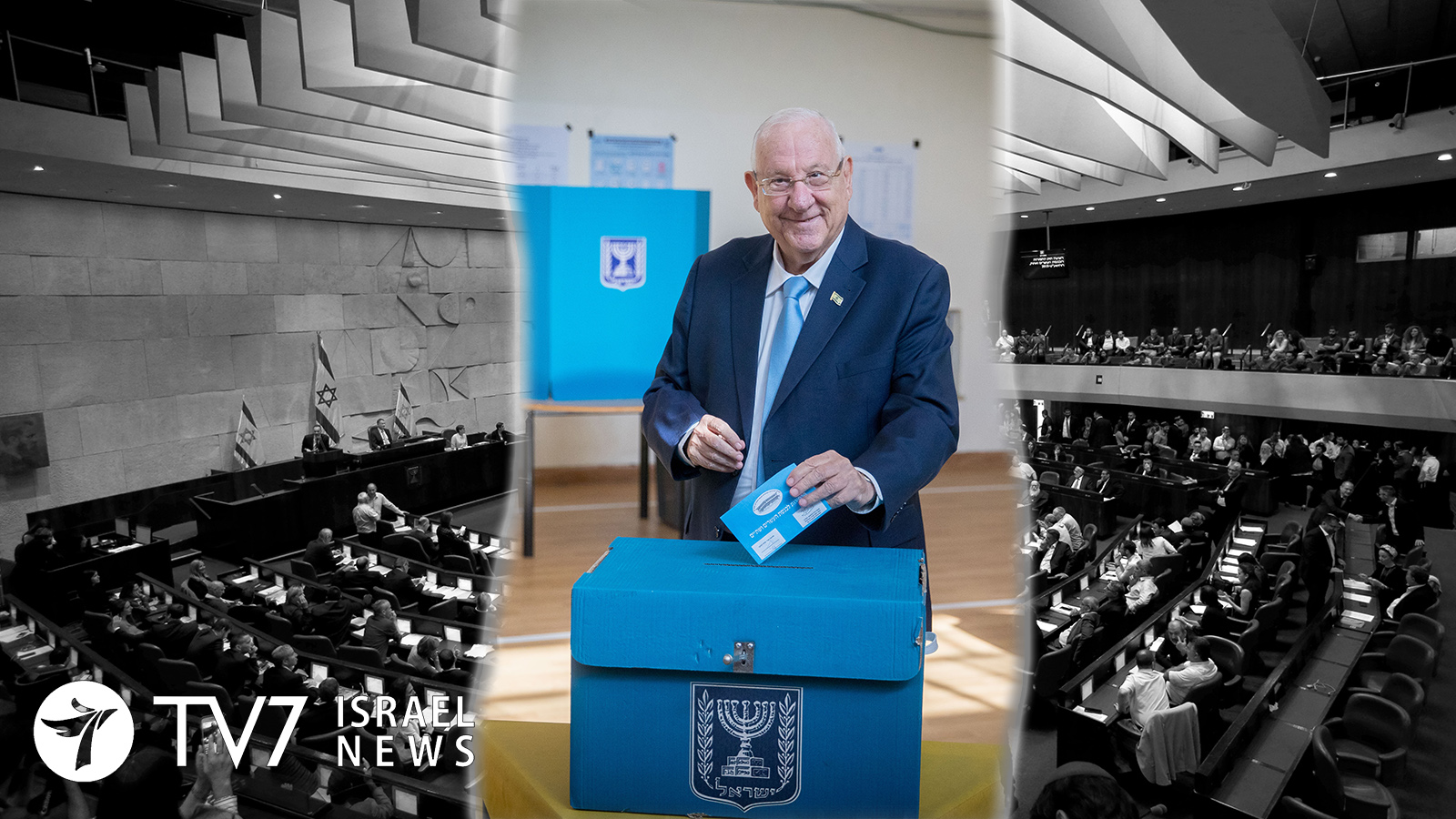By: Erin Viner
An unprecedented two rounds of national elections have been held in Israel this year, with no clear winner in sight.
Exit polls have been notably inaccurate in the past; but as of this writing, they indicate that neither of the two largest parties managed to attract an outright 61-seat majority. There may also be slight adjustments to the predicted outcome after the completed tallying of votes cast by the nation’s soldiers and diplomatic corps living abroad, which is ongoing.
There was a 69.4% voter turn-out, slightly higher than the 68.5% during the last balloting on April 9th. 20 total parties will be represented in the 22nd Knesset, although most ran on just 9 joint lists – which was an historical low.
The final official count is not expected to be released until this Friday, 20 September 2019.
After that, the next stage of Israel’s multi-party, proportional representation democratic electoral process involves appointment of the candidate most likely to succeed in forming a coalition by Israel’s President Reuven Rivlin, following consultations with all parliamentary parties. This individual is usually the leader of the party with the largest Knesset representation, or the head of a party. He/she will be allotted 28 days to negotiate with smaller factions, with the possibility of a 2-week extension pending presidential approval.
If the designated politician succeeds in forming a coalition, it is presented to the Knesset for a vote of confidence by simple majority, within 45 days of the publication of election results in the official gazette. At this time, he/she becomes Prime Minister, and newly-appointed Cabinet Ministers assume their portfolios.
If the designee fails to form a government within 42 days, however, the president may then assign another politician with the mission. If that person would also fail to form a viable coalition in 28 days (without the possibility of extension), Members of Knesset have the option to file written applications to the president requesting he/she be tasked with coalition-building, although such a precedent has yet to occur. The last option is the route taken in the wake of the 9 April 2019 balloting, when the incumbent Knesset voted to dissolve itself and compelled the holding of new elections. President Rivlin has already vowed to do everything in his power to spare the nation the political upheaval and expense of holding yet another, third round of voting.
With 90.3% of votes counted, political novice Benny Gantz’ Blue and White faction is leading with 32 seats, trailed by Prime Minister Benjamin Netanyahu‘s Likud with 31. It must be noted, however, that Likud often fares better in the final count than indicated by the exit polls, which may offer a slight political edge to the premier. The current data indicates his Center-Right bloc holds 56 seats, constituting a razor-thin margin over the Center-Left’s 55.
Even with the support of his natural ultra-Orthodox allies, Netanyahu faces major challenges. According to the Yohanan Plesner, President of the Israel Democracy Institute, “It looks like Mr. Netanyahu’s path to 61 – assuming the exit polls are right – is blocked, while Mr. Gantz has more options.” Plesner pointed out that Netanyahu remains “quite a distance” of 4-7 seats short from forming a right wing, ultra-Orthodox coalition; observing that this “might set Israel on a new political course.”
The primarily-Arab Joint List has emerged as the third largest faction with 10-12 seats, following a significant rise of its constituents’ participation to around 63% over just 49% in April. The party is unlikely to join either of the two main contenders in a coalition. While it has historically failed to endorse any candidate during the presidential consultations, Joint List leaders have gone on the record stating they are considering recommending Rivlin award Gantz with the first shot at coalition-building.
Perceived-kingmaker Avigdor Liberman can tip the balance in favor of either of the two major candidates, and he has issued no public commitments to either. The 9 mandates won by his Yisrael Beiteinu party would actuate an historic fifth premiership for Netanyahu. If both the Joint List and Yisrael Beiteinu throw their support behind Blue and White, former IDF Chief of Staff Gantz would officially make his political debut as the national leader.
Liberman openly advocates a secular unity government between his party, Likud and Blue and White; without the ultra-religious parties such as Shas, which also holds 9 mandates; or United Torah Judaism with 8. Gantz has also indicated interest in a unity government, albeit without Netanyahu at the helm of his party while still facing indictment on corruption charges. Even though Likud party-faithful have vowed to stand firm alongside their leader, President Rivlin could pursue a third option – of tasking a different Likud parliamentary member with forming the next government. Potential selectees include Knesset Speaker Yuli Edelstein, Foreign Minister Yisrael Katz, Public Security Minister Gilad Erdan or MK Gideon Sa’ar. This would entail a power struggle within the party, which is possible but seen as unlikely. If actualized though, such a shift in internal leadership could pave the way to the formation of a national unity government between Likud and Blue and White, that could even include a rotating premiership between Gantz and a new Likud head.
Other parties to cross the 3.25% political threshold into the Knesset plenum include the right to far-right wing Yamina faction that has 7 mandates, the leftist-leaning Labor-Gesher alliance with 6, and center-left Democratic Union at 5.
Israel now enters a phase of political uncertainty, and it may remain unknown for many days or even weeks who will serve as the next leader of the Jewish State.
